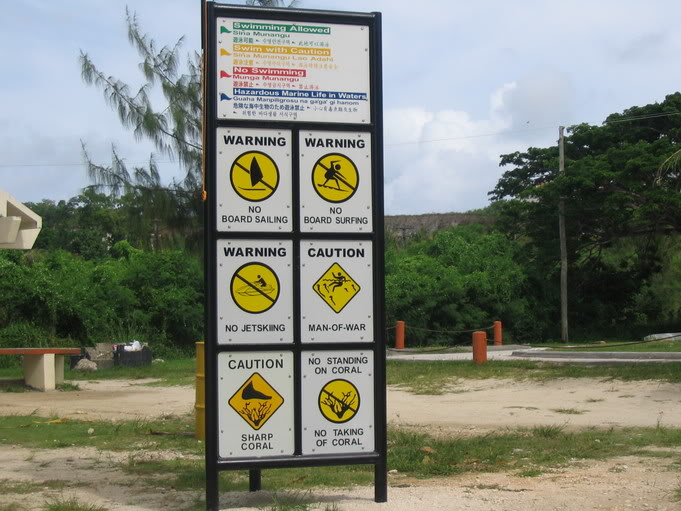I know that the fish are not too excited about it. But I have a need to get fairly close to my smaller BTA to feed him. Not that excited about getting stung (if it's possible even).
Has anyone heard of or hand any first hand experience in this area? I don't exactly plan on shoving my hand all over the guy. Just want to know if he brushes against me if I will have any wounds.
Plus the fact I'm not sure what a human hand can do to the protective coating of the BTA.
Thanks in advance.
Has anyone heard of or hand any first hand experience in this area? I don't exactly plan on shoving my hand all over the guy. Just want to know if he brushes against me if I will have any wounds.
Plus the fact I'm not sure what a human hand can do to the protective coating of the BTA.
Thanks in advance.

